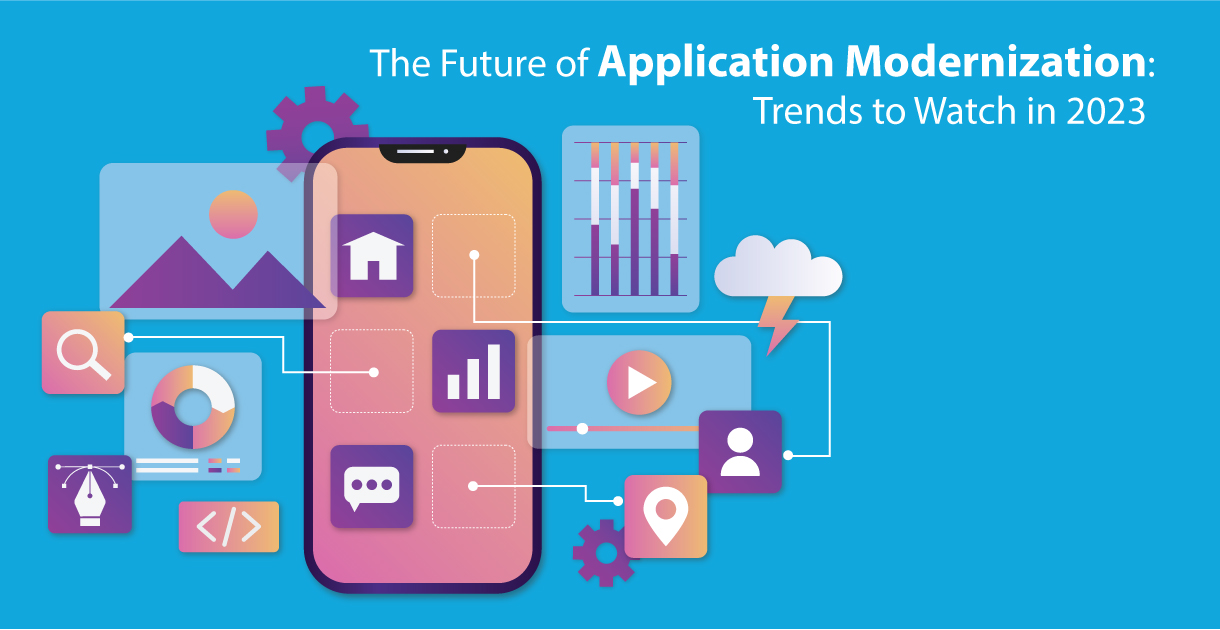Legacy systems have long formed the backbone of many business operations. However, as digital demands accelerate, these systems often struggle to keep up—posing risks to security, performance, and scalability. Organisations are increasingly seeking application modernisation services to transform outdated platforms into agile, efficient, and cloud-ready solutions that can support long-term growth.
The Limitations of Legacy Applications
Many core business applications were developed decades ago and, while stable, are no longer fit for purpose in the current digital landscape. These systems typically lack the flexibility required to support remote work, integrate with modern platforms, or respond quickly to changing customer needs.
In addition to functional limitations, legacy platforms often introduce significant risk:
- Security vulnerabilities due to outdated frameworks
- High maintenance costs and lack of vendor support
- Integration challenges with cloud services and APIs
- Limited scalability for evolving workloads
- Increased technical debt that hinders innovation
As a result, businesses face a growing urgency to move away from ageing infrastructure and embrace modern, cloud-based architectures.
What Application Modernisation Involves
Application modernisation refers to the process of upgrading, refactoring, rehosting, or completely rebuilding legacy applications using contemporary development tools and cloud-native services. The goal is to retain the core value of existing systems while making them more scalable, maintainable, and aligned with today’s digital strategies.
Key approaches include:
- Replatforming: Moving applications to modern platforms (e.g. Azure) with minimal changes
- Refactoring: Modifying existing code to improve performance, flexibility, and maintainability
- Rebuilding: Redesigning applications from scratch using modern frameworks and microservices
- Containerisation: Deploying apps in lightweight containers to improve scalability and portability
- API integration: Exposing functionality through modern interfaces for easier connectivity
Each method is chosen based on factors such as business goals, technical debt, security concerns, and expected return on investment.
Business Impact of Modernisation
Modernising legacy systems delivers far more than IT efficiencies. It opens the door to innovation, resilience, and better customer experiences. Benefits include:
- Faster time to market for new features and services
- Lower infrastructure and support costs through cloud optimisation
- Improved user experience via modern interfaces and performance enhancements
- Better decision-making through enhanced analytics and data access
- Increased agility to respond to market changes and regulatory requirements
Modern applications also support automation and AI-driven capabilities, helping businesses stay ahead of digital trends and deliver new value to both internal users and external stakeholders.
Transparity’s Approach to Modernisation
Transparity offers expert application modernisation services built on deep Microsoft ecosystem expertise and a strong track record in cloud transformation. Their team works with organisations to assess current environments, identify modernisation opportunities, and deliver future-ready solutions with minimal disruption.
Using tools such as Azure App Services, .NET Core, Power Platform, and Kubernetes, Transparity creates scalable and secure application environments tailored to each business’s needs. The process begins with discovery workshops and architectural assessments to inform the best route forward—whether that means migrating, rearchitecting, or reimagining an application entirely.
Transparity’s agile delivery model ensures that transformation is incremental, measurable, and aligned with user needs throughout. Security, governance, and compliance are embedded into every stage of the project, giving clients the confidence to modernise with control.
Post-deployment, Transparity provides ongoing DevOps support, monitoring, and performance optimisation to ensure that applications continue to evolve with business requirements.
Supporting Innovation Across Industries
From financial services and logistics to public sector and retail, businesses across the UK are modernising critical applications to meet customer expectations, drive efficiency, and future-proof operations. With the right partner and approach, legacy systems can be transformed from a liability into a platform for growth.


